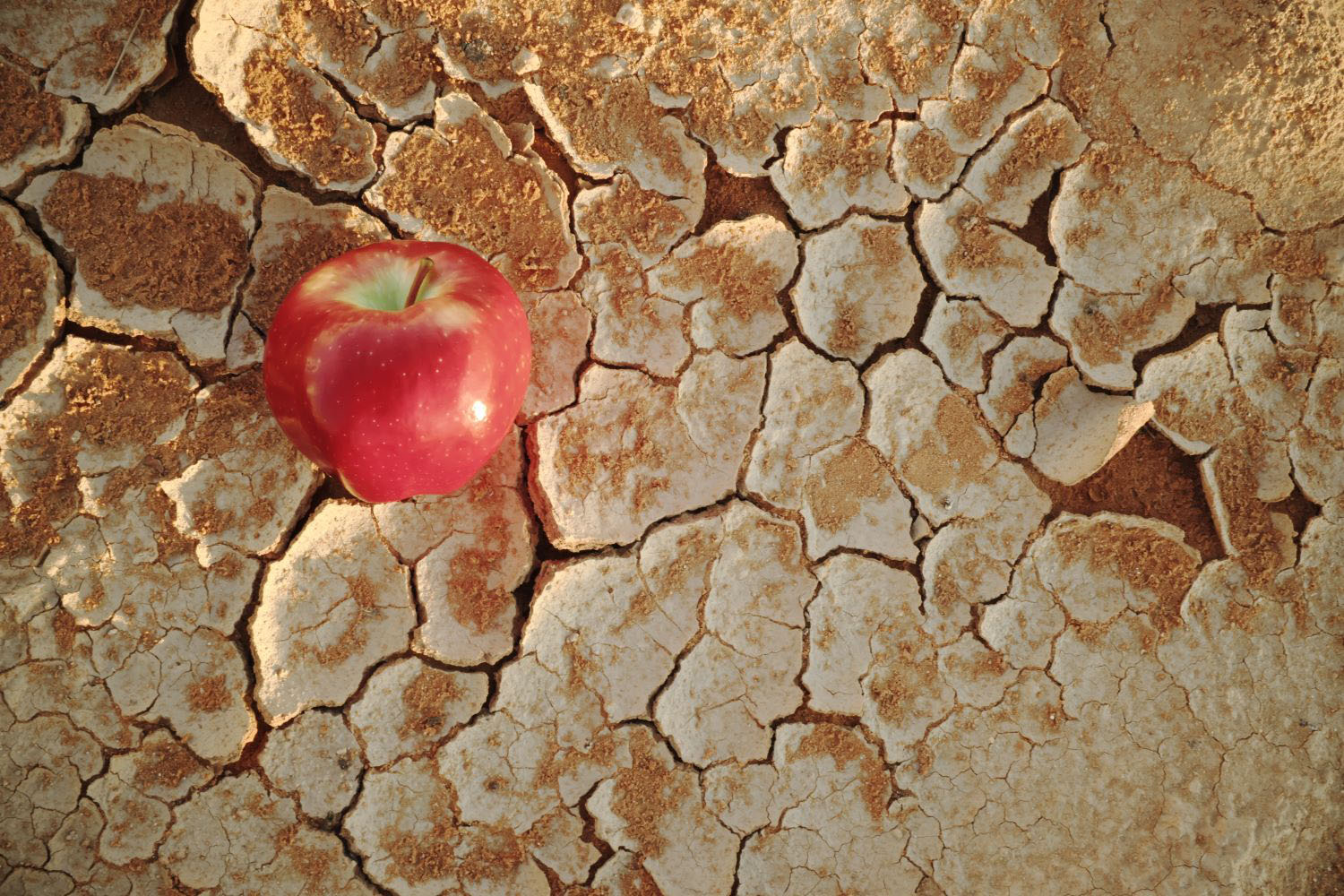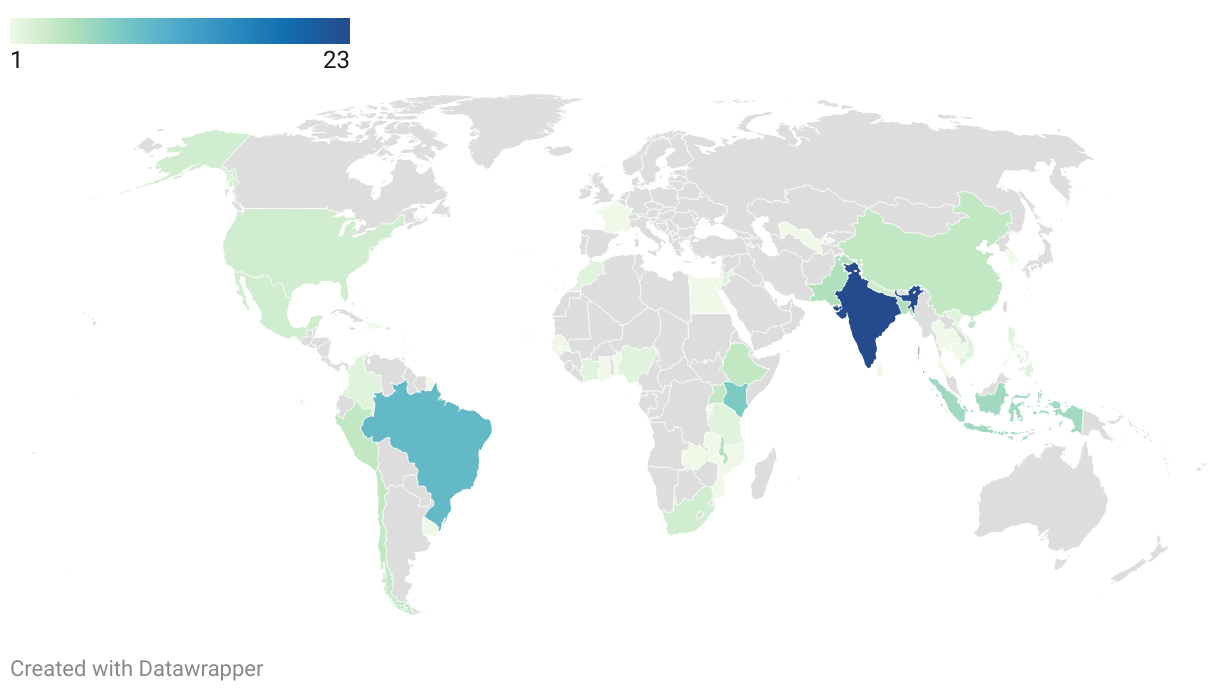From Dr. Subramanian's testimony:
Thank you Chairman Frank, Congressman Bachus and distinguished members of the committee for inviting me to participate in today’s hearing.
There is a saying that "there are only seven meals between civilization and anarchy." The riots and social unrest around the world bear witness to this saying.
Related Publications
- Pathways Out of Rural Poverty; Or, Food Prices, Poverty and Economic Development (Syllabus)
- Rice Price Formation in the Short Run and the Long Run - Working Paper 172
- Coping with Rising Food Prices: Policy Dilemmas in the Developing World - Working Paper 164
- Supermarkets, Modern Supply Chains, and the Changing Food Policy Agenda - Working Paper 162
- Rainfall Shocks, Markets, and Food Crises: Evidence from the Sahel - Working Paper 157
- Toward Measuring the Impact of the World Food Program's Purchase for Progress Initiative
- Thought for Food: The Challenges of Coping with Soaring Food Prices - Working Paper 155
- How Can We Avoid Another Food Crisis in Niger? (Essay)
The severity of the global food crisis is undeniable. As the chart shows, prices of major commodities have increased substantially over the last three years, and especially, in the last few months. According to the World Bank, about 100 million people might be thrown back into the ranks of the poor because of these price rises (see chart attached). There have been riots in a number of countries, and the Bank has identified 33 as especially vulnerable. The poor are especially vulnerable because they spend the largest portions of their income on food. For example, in Nigeria, about 70 percent of income is spent on food, 75 percent in Vietnam, and 50 percent in Indonesia compared with 12 percent in the United States (though that figure is also now on the rise).
Unfortunately, pressure on food supplies, and associated high food prices, are likely to be a medium- to long-term reality because some of the driving factors--rising prosperity in the developing world which creates more demand, high fuel prices, stagnant agricultural productivity, and climate-change induced pressure on agricultural supplies--are also of a durable nature. That recognition is important because as the world and the especially the U.S. forge their response, there will be need for actions in the short, medium and long runs.
In my testimony, I will spell out what I think are the essentials of a comprehensive U.S. and international policy response to the crisis for each of these time frames, highlighting how enlightened U.S. leadership can make a difference to the problem we now face. In the short run, the U.S. should make aid available faster, allow Japan to re-export its rice, and eliminate the tying of food aid. In the medium run, it should get all countries together in the WTO to eliminate all the distortions in agriculture and agricultural trade, including its own biofuels program, replacing it with policies that can find winners rather than pick winners. And, in the long run, it should revitalize the organizational and financial effort to boost agricultural research and productivity in developing countries, especially Africa.
Rights & Permissions
You may use and disseminate CGD’s publications under these conditions.





